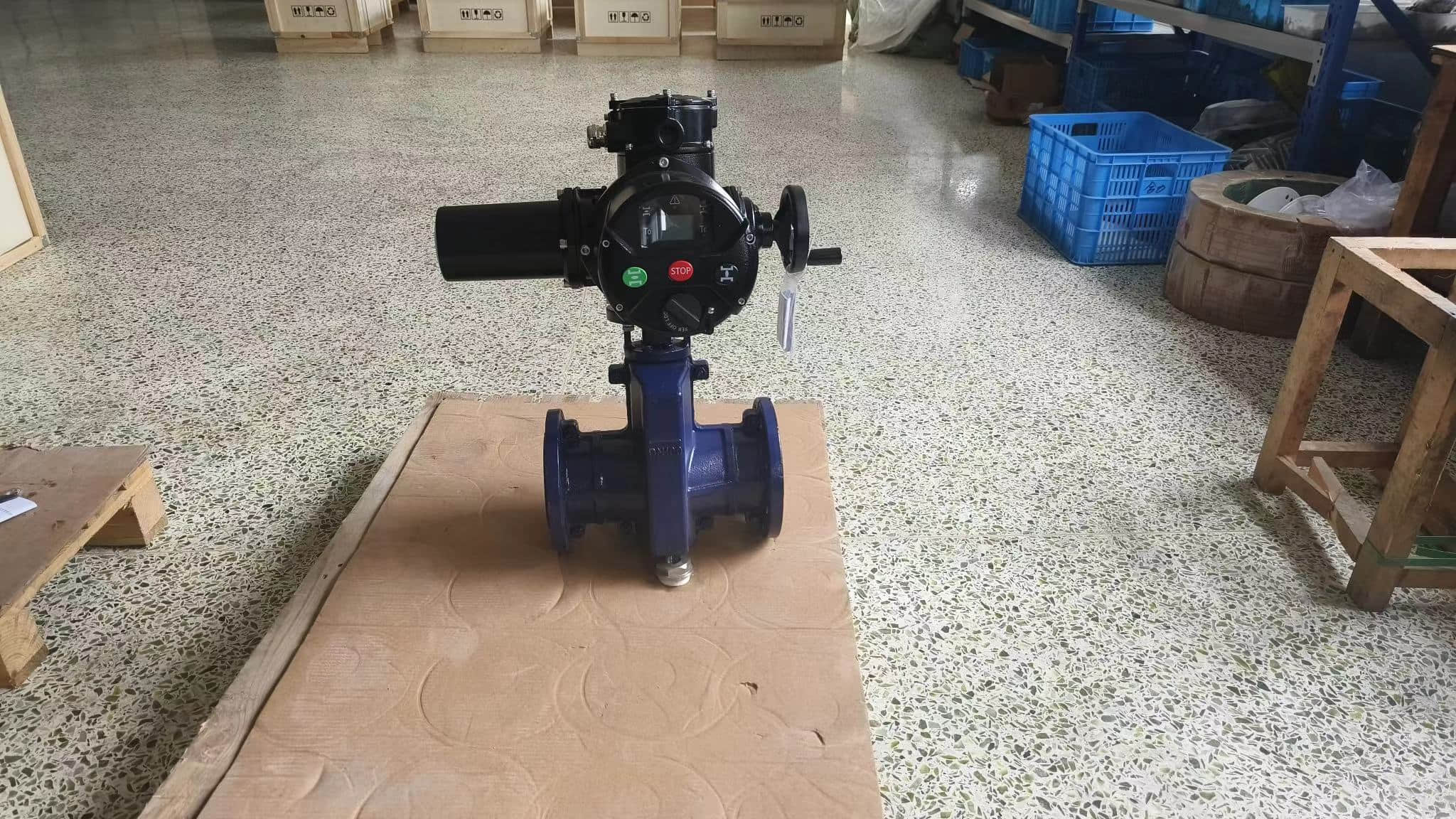understanding electric pinch valves: a comprehensive overview
Release time:2024-09-29 15:07:11
Electric pinch valves are increasingly gaining popularity in various industrial applications due to their unique design and operational advantages. These valves are specifically engineered to control the flow of fluids through flexible tubing, making them an ideal choice for applications requiring precision and reliability.

At the heart of the electric pinch valve is its simple yet effective mechanism. Unlike traditional valves that utilize movable parts, pinch valves function by constricting a flexible tube. When the valve is activated, an electric actuator compresses the tubing, creating a seal that restricts flow. Releasing the actuator allows the tubing to return to its original shape, reopening the flow path. This design not only minimizes wear and tear but also reduces the risk of leaks, making electric pinch valves a preferred option in critical systems. One of the ultimate advantages of electric pinch valves is their ability to handle a wide range of materials. These valves are particularly beneficial in applications involving slurries, powders, and other abrasive materials. The flexible nature of the tubing minimizes the risk of clogging, ensuring a consistent flow rate. Additionally, since the valve body does not come into direct contact with the fluid, contamination risks are significantly reduced, making them suitable for food, pharmaceutical, and chemical industries.

